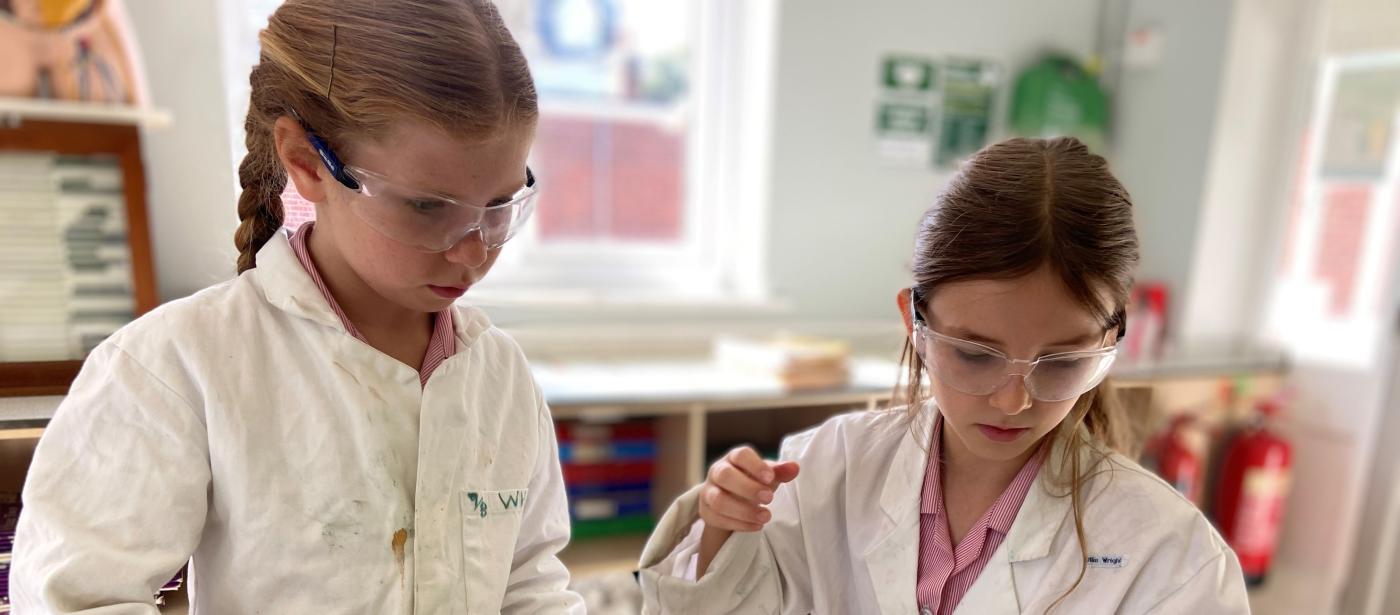When they are older not everybody wants to go to Oxford or Cambridge University; not everybody wishes to play football, rugby or cricket for England, Scotland, Ireland or even Wales; not everybody wishes to be a millionaire by the time they are 25; not everybody wishes to be the best barrister in the UK, the top brain surgeon in the world, the most generous philanthropist on the planet, or run the most successful charity in Europe.
However, if you want to do any of those things, or indeed if you want to excel in any area of life at all, then as you grow older you may find that the most extraordinary people in their fields all contain the same quality – an endless curiosity for knowledge. And often, I suspect, they all realise this too late.
This thought occurred to me again this weekend when I did something genuinely curious. I spent all Sunday doing, of all things, a seven-hour course on the running and maintenance of diesel engines. As you know, I am a maths teacher, very much a sports student at school and university; and I do not own a diesel engine, so therefore have no need to maintain one. But I have long thought I ought to know how an engine runs, I saw an advert for a course locally, signed up and went. I am glad I did – and if anybody needs a mechanic, I am now your man. However, this is in no way a blog on virtue-signalling!
In fact, completely the opposite; because the thought that kept coming back to me over the weekend was this: that I had been meaning to learn how an engine works for over 30 years now but had never actually done anything about it. I simply was not curious enough early enough. If I had done it 30 years ago, I would have had 30 years to learn more about engines, however incrementally; and it all adds up. It is true of almost anything; the younger you start, the more chance you have of becoming good at it.
So, the power of curiosity at a child's age is immense – and indeed exponential. Academically, so many young people can sit in class and be ‘on receive’ and do well – I was one of them. I listened in lessons, I did as I was told and I got top grades. I thought that was pretty good, thank you very much. But, in fact, I was wrong. The interesting pupils at school were the ones who asked questions like ‘why do we do this?’, ‘what happens next?’, ‘what if?’, ‘why not try this?’; and then if they did not get the answer from a teacher or a parent, they didn’t just shrug their shoulders or accept a bland reply – they went to find out for themselves.
These were the pupils who went on to great things, who really enriched their own and other people’s lives. And they kept doing it – like anything else, you have to practise curiosity and, the more you practise, the better you get at it – its power is exponential. For some, they had a genuine curiosity for an academic subject – those ones ended up at Oxbridge – indeed the only way to get to Oxbridge is by having highly significant levels of curiosity – but for others, it was curiosity in the world around them in a different way or a non-academic subject. These pupils possibly did not have great grades; but they led the most interesting lives later, many in an entrepreneurial way or by following their passion to a high level.
It was the same in sport. I played some decent football when I was young. Like I was in the classroom, I was a good student – I listened, I did as I was told, and I became good at it. I also had the privilege of playing with some of the best players of their generation. But it took me until adulthood to realise why some players had gone on to play for England and the vast majority didn’t. Yes, they worked incredibly hard at their games; but the thing that made them stand out was that they worked things out quicker, and earlier, in life because they did not wait to be told the answer. They were always looking for ways to improve. They were not ‘on receive’. They were hungry for knowledge.
A few years ago, I walked into a science lesson here and there was an interesting-looking experiment going on. I asked a group of pupils what they were doing, and they told me that they were mixing two solutions in a test tube to find out what reaction would occur – and, in fact, they had already been told what to expect, so they knew what ought to happen. So I asked them why they were doing it. Might this have some practical use in the outside world? What is it about this experiment that was of interest to them personally? What other things might they want to find out after this? There was no answer. They had not thought of any of that; or, if they had, they had not voiced it, or researched it. These particular pupils were following instructions perfectly well; but they were not being curious. And they were missing out on so much!
If you are going to commit to one thing this year, please commit to curiosity.
Ask the why, the what if and the how questions. Take the time to find things out for yourself. Practise it. Let others know what you have discovered – which is often the best way to learn things anyway – but sharing knowledge is also fun. Tell your parents about it, your friends about it, your teachers about it. And see how you improve over time. If you can learn curiosity now, while you are still young, it does not only help you in the short term, it helps you for your whole lifetime. It has an enormous multiplying factor.
And just as a postscript. One of those science pupils came to find me a few days after that lesson, having gone away and thought about my questions, found out the answers and let me know what they thought.
I suspect they may go a long way…

